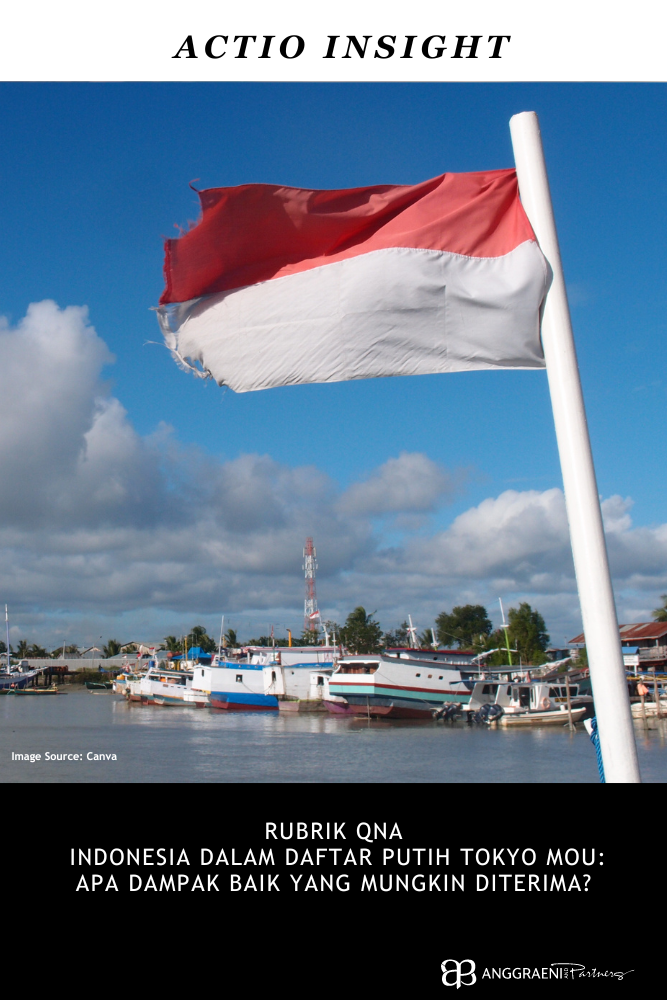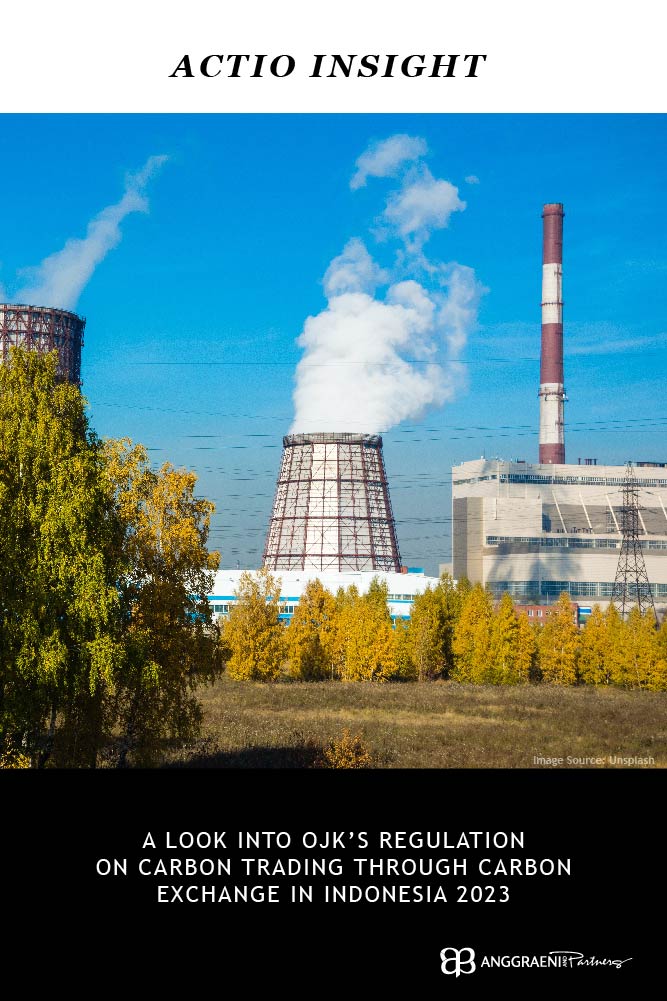- Home
- Capabilities
- ACTIO® Hub
- About Us
- Connect with Us
- AP Library
Along with the development of electronic transactions, electronic signatures and electronic certificates have a very important role that needs to be regulated specifically. This year, Indonesia has regulated the implementation of electronic certification with the issuance of the Republic of Indonesia Minister of Communication and Information Technology Regulation Number 11 of 2018 concerning the Implementation of Electronic Certification on September 6, 2018 (“Regulation No. 11/2018”).
An Electronic Certificate in an electronic transaction is the approval of the owner of the Electronic Certificate for information and / or electronic documents signed with the Electronic Certificate.1 Electronic certificates are issued, extended, revoked and blocked by an institution called Electronic Certificate Provider2 in the form of a legal entity.3 There are 3 types of Electronic Certificate Providers, namely (i) a registered Electronic Certification Provider; (ii) a certified Electronic Certification Provider; or (iii) an entity holding Electronic Certification Provider.4
Electronic Certification Providers are generally obliged to (i) organize the administrative processes; (ii) verify the applicant’s identity;
(iii) extend the validity period of the Electronic Certificate; and (iv) create an active and passive database of Electronic Certificates and maintain records that can be accounted for in both written (paper based) and electronic (electronic based) forms (v) maintain the confidentiality of the identity of the Electronic Certificate Owner from an unauthorized party; (vi) notify the Electronic Certificate Policy to the prospective owner of the Electronic Certificate and the Owner of the Electronic Certificate issued by them.5
Applicants who submit applications to obtain admission as Electronic Certification Provider must fulfill the requirements by attaching documents in accordance with the level of recognition status of the Electronic Certification Provider requested (registered provider/ certified provider/ holding provider).6 After passing verification, the applicant will obtain admission as an Electronic Certification Provider in accordance with the level of admission status that is valid for 3 (three) years.7
Electronic Certification Providers who have received admission will be included in the list of Electronic Certification Provider and published on the Ministry of Communication and Informa- tion Technology’s webpage.8 Thus, the issuance of this regulation and the information disclosure are expected to be able to provide benefits to the industry and public.
1. Article 26 paragraph (2) Regulation of the Minister of Communication and Information No. 11/2018; 2. Article 25 paragraph 1 jo. Article 25 paragraph 2 Regulation of the Minister of Communication and Information No. 11/2018; 3. Article 1 number 6 Regulation of the Minister of Communication and Information No. 11/2018; 4. Article 5 Regulation of the Minister of Communication and Information No. 11/2018; 5. Article 21 Regulation of the Minister of Communication and Information No. 11/2018; 6. Article 13 paragraph (1) Regulation of the Minister of Communication and Information No. 11/2018 jo. Article 5 Regulation of the Minister of Communication and Information No. 11/2018; 7. Article 14 paragraph (1) Regulation of the Minister of Communication and Information No. 11/2018; 8. Article 15 paragraph (1) jo. Article 15 paragraph (2) Regulation of the Minister of Communication and Information No. 11/2018.
KbA/HES


